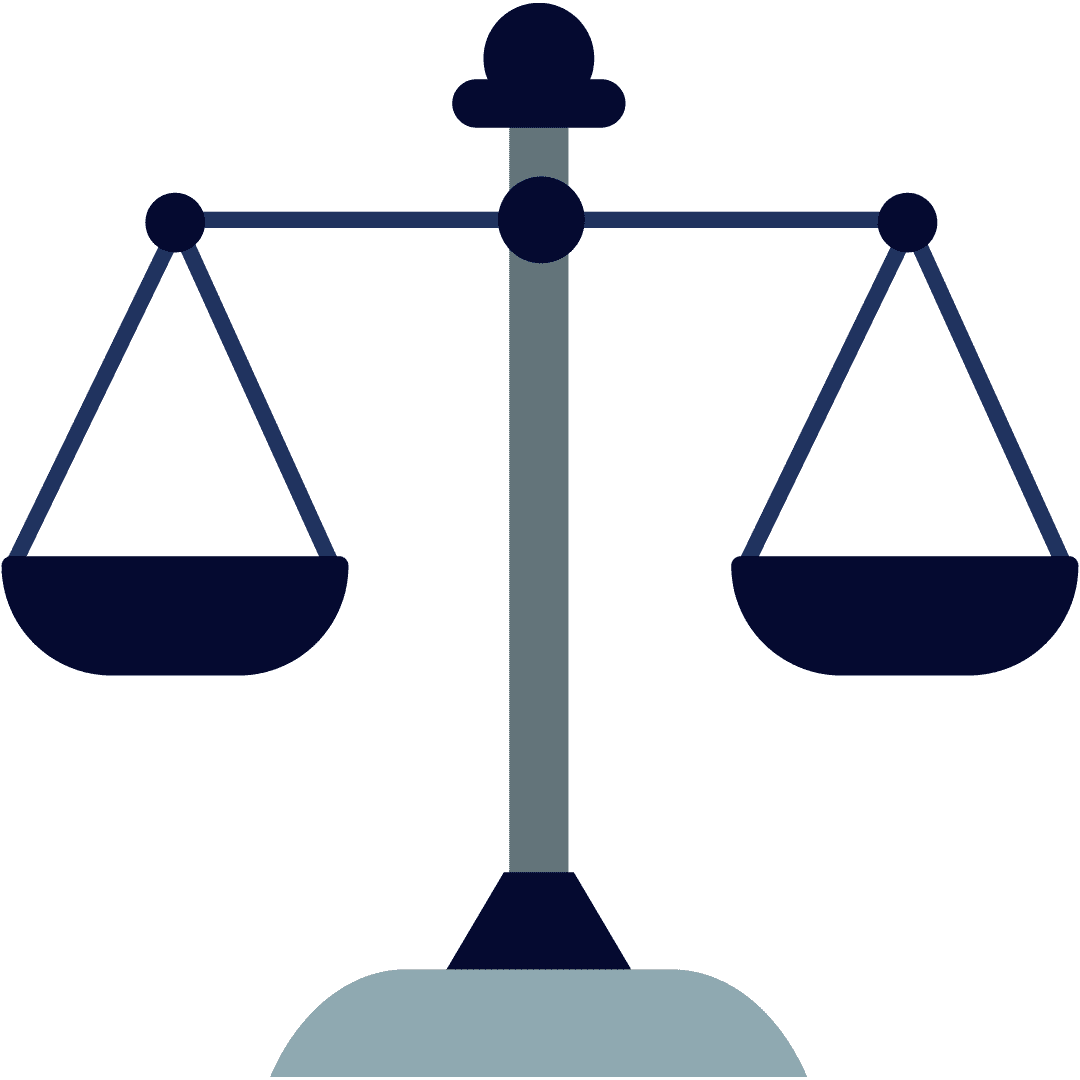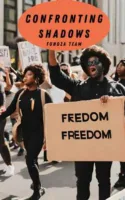At Fundza, we recognise the nuanced challenges that racism continues to present in South African society. As we observe Black History Month in America, a time dedicated to recognizing the significant contributions and struggles of African Americans, we’re reminded of the universal struggle against racial prejudice and discrimination. As we reflect on the progress made since the end of apartheid, the subtle undercurrents of racial bias and discrimination persist, influencing the daily lives of many. In response, we will shortly be launching an Anti-Racism course, designed to delve into these issues with depth and sensitivity. This course aims to illuminate the varied experiences of racism, from microaggressions to gaslighting, and provide a platform for understanding and dialogue.
Echoes of Apartheid’s Legacy
The legacy of apartheid casts a long shadow, influencing not just societal structures but personal interactions. “The apartheid era might have ended on paper, but its echoes are felt in the unequal opportunities and lingering prejudices,” observes Thando, a 25-year-old educator from Johannesburg. This sentiment captures the complex backdrop against which racism continues to operate in our country.
The Sting of Microaggressions
Microaggressions are a daily reality for many, subtle yet profound in their impact. Nandi, a 17-year-old student from Cape Town, shares her experience: “Being complimented for being ‘surprisingly articulate’ feels like a backhanded acknowledgement, subtly hinting that my intelligence is an anomaly because of my race.” Similarly, Sipho, a 22-year-old university student from Durban, recounts, “A lecturer once questioned if my work was my own, implying that my academic success was unexpected of someone of my background.” These experiences underline the need for awareness and strategies to address such biases.
The Invisible Wounds of Gaslighting
Gaslighting compounds the challenges faced, making individuals question their perceptions and experiences of racism. Lerato, a 20-year-old intern from Pretoria, explains, “When I expressed how a comment made me feel, I was brushed off as being ‘too sensitive.’ It’s disheartening and isolating.” This form of psychological manipulation highlights the importance of validating personal experiences and fostering an environment where concerns are taken seriously.
Confronting Internalised Racism
Internalized racism represents a silent struggle, where individuals grapple with the stereotypes and biases absorbed from the wider society. Thabiso, an 18-year-old high school student from Bloemfontein, reflects, “I used to feel ashamed of my cultural practices, worried they’d be seen as ‘uncivilized’ or ‘backward’ by my peers.” This internal conflict underscores the need for self-awareness and the celebration of cultural identity as part of the healing process.
The Path Forward
Fundza’s Anti-Racism course is more than an educational offering; it’s a commitment to challenging the status quo and building a more inclusive society. By providing a platform for learning and discussion, we aim to arm you with the necessary tools to recognise, confront, and overcome the subtleties of racism.
“Education is a powerful tool in dismantling systemic racism,” says Dr. Derald Wing Sue, a leading researcher on microaggressions. “By understanding the nuances of racism and its impact, we can begin to heal and move forward together.”
As we prepare to roll out this course, we invite you to join us on this journey of reflection, understanding, and action. Together, we can confront the shadows of racism and work towards a future where diversity is celebrated, and every individual is respected and valued.
What role do education and dialogue play in shaping a future free from the shadows of racism, and what steps can we take together to foster a society that truly celebrates diversity and inclusivity?



